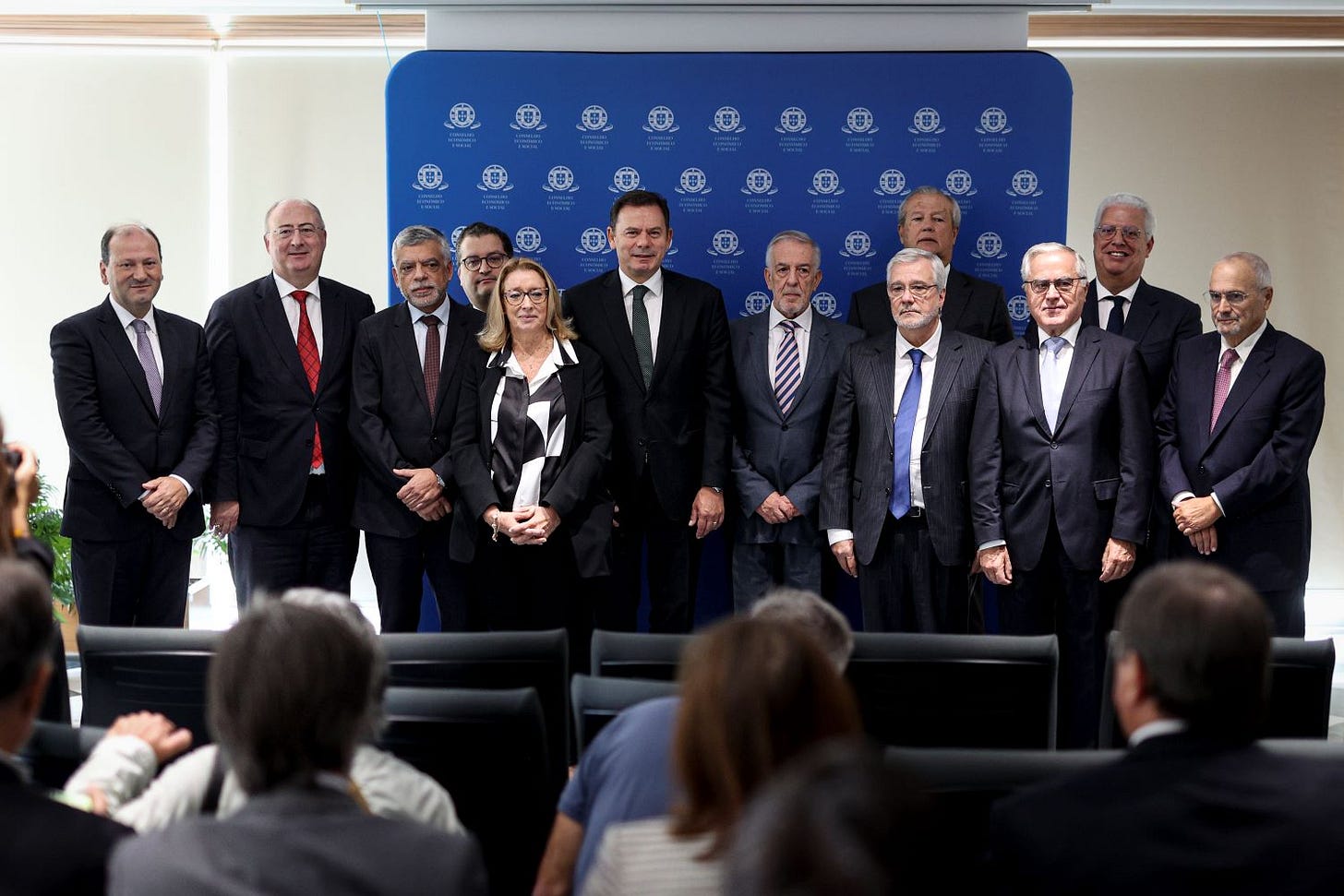Government and social partners agree on wage rise
The agreement lightens up the language on the two proposals that the Socialists have set as red lines for approving the 2025 State Budget.

What?
The Government, business confederations and workers’ unions reached an agreement on Wage Valorisation and Economic Growth for 2025-2028.
The agreement foresees a minimum wage rise to 870 euros gross next year, which represents an increase of 50 euros, 15 euros more than the previous government had planned.
This figure will be progressively raised to 920 euros in 2026, to 970 euros in 2027 and to 1,020 euros in 2028. As for the average wage, the aim is to raise it to 1,890 euros in 2028, three years ahead of the target set in the Government’s programme.
The agreement also includes tax incentives for companies that decide to increase salaries, allowing them to deduct 50% of the cost of these increases from their corporate income tax (IRC).
The aim is for the value of the minimum wage and the average wage to grow apart, increasing the difference between them.
Tell me more
The agreement also provides for a tax exemption for productivity bonuses that do not exceed 6% of the annual basic salary, as a way of encouraging productivity and competitiveness.
This exemption is only available to employers who have carried out salary increases that year.
The agreement was signed by the Government, the Ministry of Labour, Solidarity and Social Security, the General Workers‘ Union, the Portuguese Farmers’ Confederation, the Portuguese Trade and Services Confederation, the Portuguese Business Confederation and the Portuguese Tourism Confederation.
However, the General Confederation of Portuguese Workers - National Trade Union (CGTP-IN), which is close to the Communist Party, opted out, as in the previous agreement signed with the previous executive.
Budget implications
Initially, the agreement included a commitment to lower the corporate tax rate from the current 21% to 19% in 2025, in line with the reduction set by the Government in a the legislative proposal sent to Parliament.
However, it already foresaw a progressive reduction until 2018, which was not in the legislative proposal - in that text, the timetable for the measure was until 2017 (19% in 2025, 17% in 2026 and 15% in 2027).
Now, the Government no longer explicitly foresees this decrease in 2025 from 21% to 19% and assumes that the decrease will only be completed in 2028, in the last year of the legislature.
In regards to the proposed tax breaks for under 35 years olds, the agreement does not mention a date for the measure to go ahead.
The initial idea, set out in the bill that entered Parliament in June and has yet to be voted on, was to create a parallel IRS table for taxpayers up to the age of 35, while maintaining the current one for other workers.
Now, in the final version the agreement, this reference disappeared, leaving only the commitment to reduce the tax applied to young people up to the age of 35.
It remains to be seen whether the current model, in which young people benefit from lower personal income tax, will be maintained.



